History remembers its emperors, generals, and revolutionaries. But sometimes, the most profound changes come from quieter hands. Wangari Maathai, a Kenyan environmental activist, falls squarely in this category. Although her name may not be instantly recognizable, her impact on environmental conservation and women’s empowerment is undeniable.
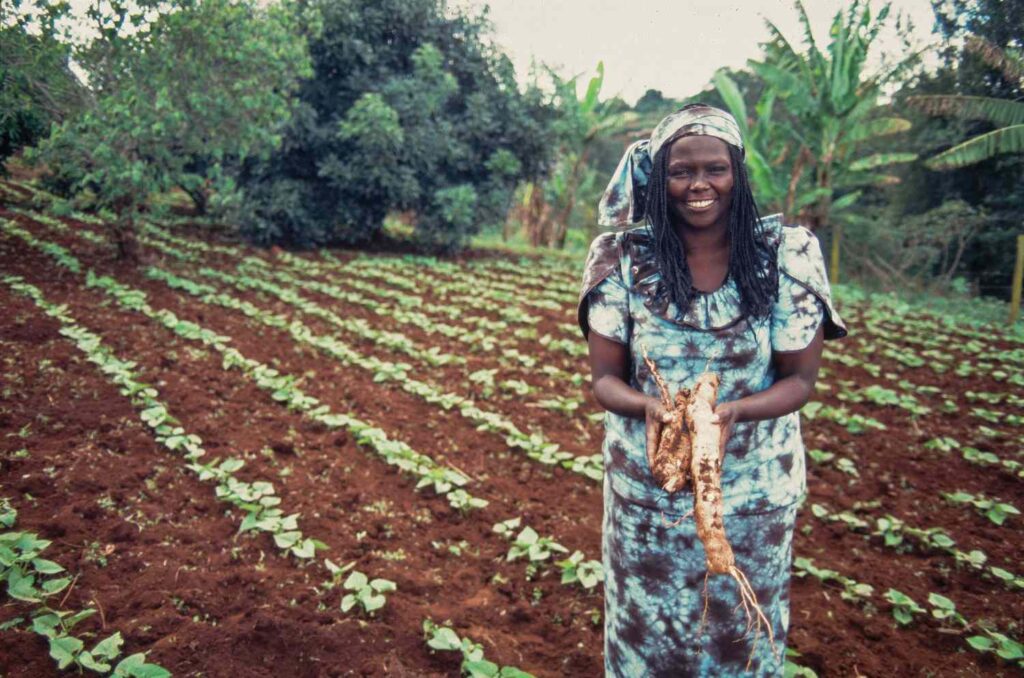
From Academic to Activist
Maathai’s journey began unconventionally. Earning a doctorate in veterinary anatomy, she became the first woman in East and Central Africa to hold such a degree. However, witnessing the environmental degradation of her homeland sparked a new passion. In 1977, she founded the Green Belt Movement, a grassroots organization focused on environmental conservation and community development.
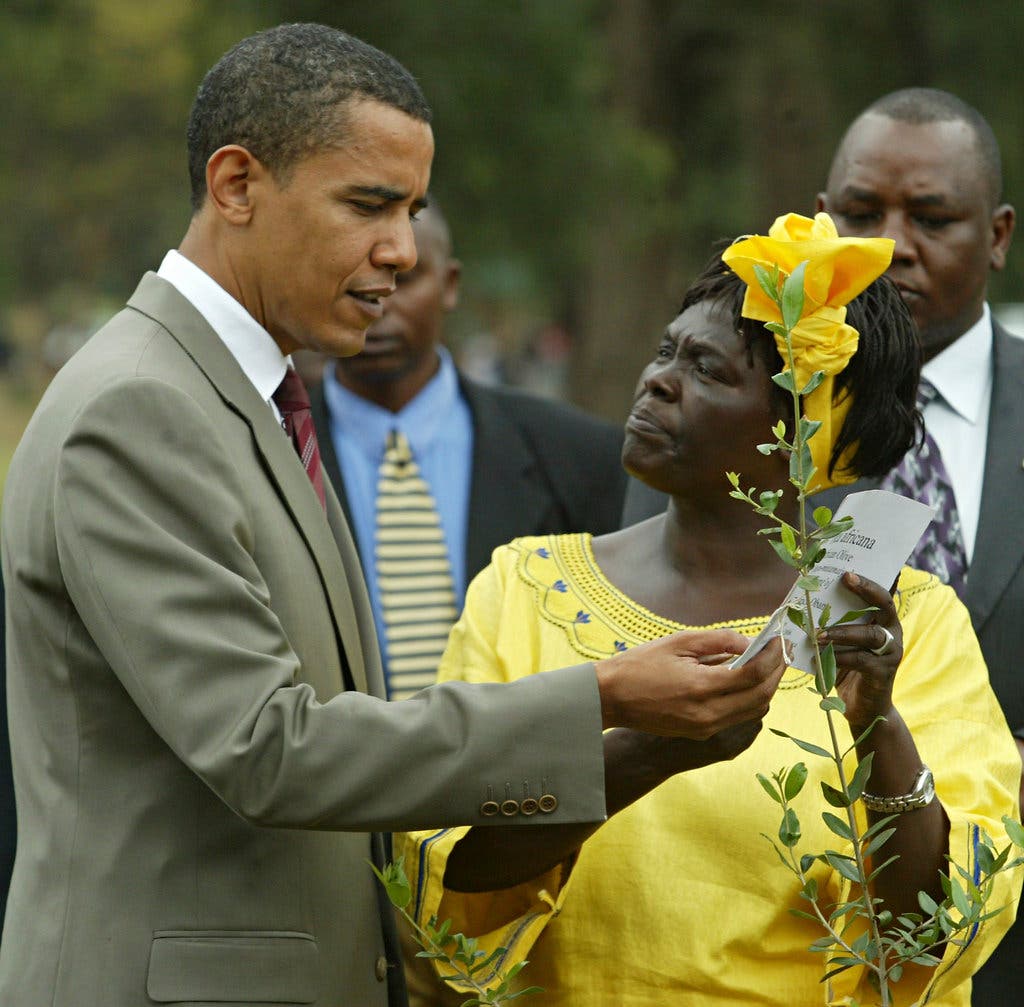
Planting Seeds of Change
The Green Belt Movement’s approach was simple yet powerful. It mobilized women in rural communities to plant trees, specifically focusing on indigenous species. This wasn’t just about restoring landscapes; it was about empowering women. By providing them with income through tree-planting and selling seedlings, Maathai addressed poverty, improved food security, and fostered a sense of ownership over the environment.
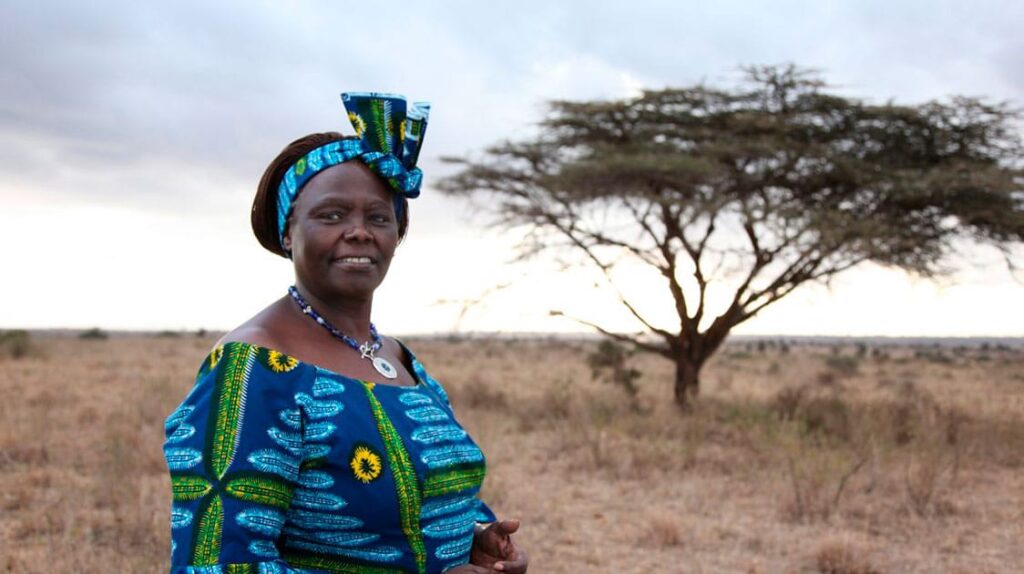
Impact that Grew with the Trees
The Green Belt Movement’s impact is nothing short of staggering. Over 30 million trees have been planted across Africa, creating a greener, more resilient environment. This not only combats deforestation but also improves soil quality, increases biodiversity, and provides a source of renewable fuel. More importantly, the movement empowered over 50,000 women, giving them a voice and a platform to advocate for their communities and the environment.
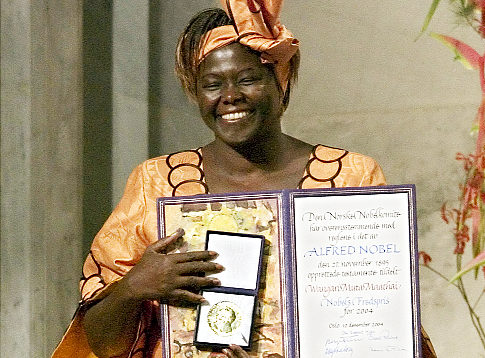
A Legacy Rooted in Action
Maathai’s influence transcended national borders. She became the first African woman to win the Nobel Peace Prize in 2004, recognized for her efforts to bring about sustainable development, democracy, and peace. Her message of environmental responsibility resonated globally, inspiring countless others to take action.
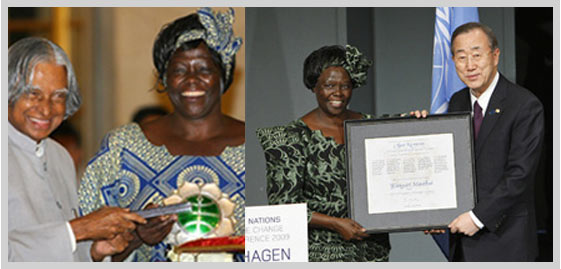
Wangari Maathai’s story is a testament to the power of individual action. It reminds us that change, even on a grand scale, can begin with a single seed.













